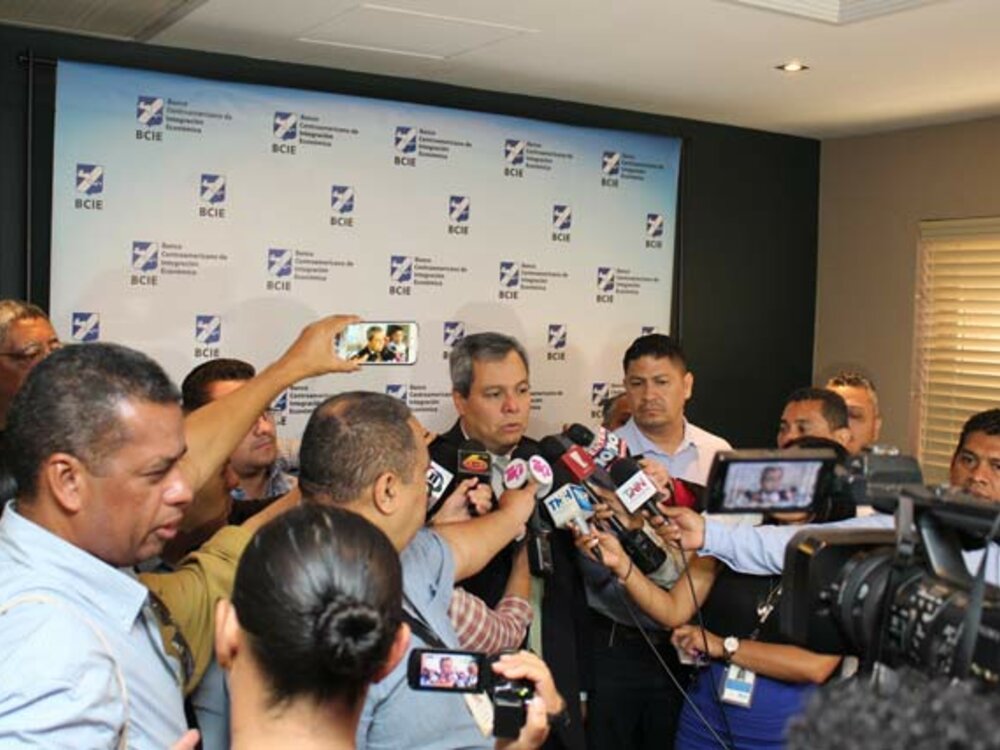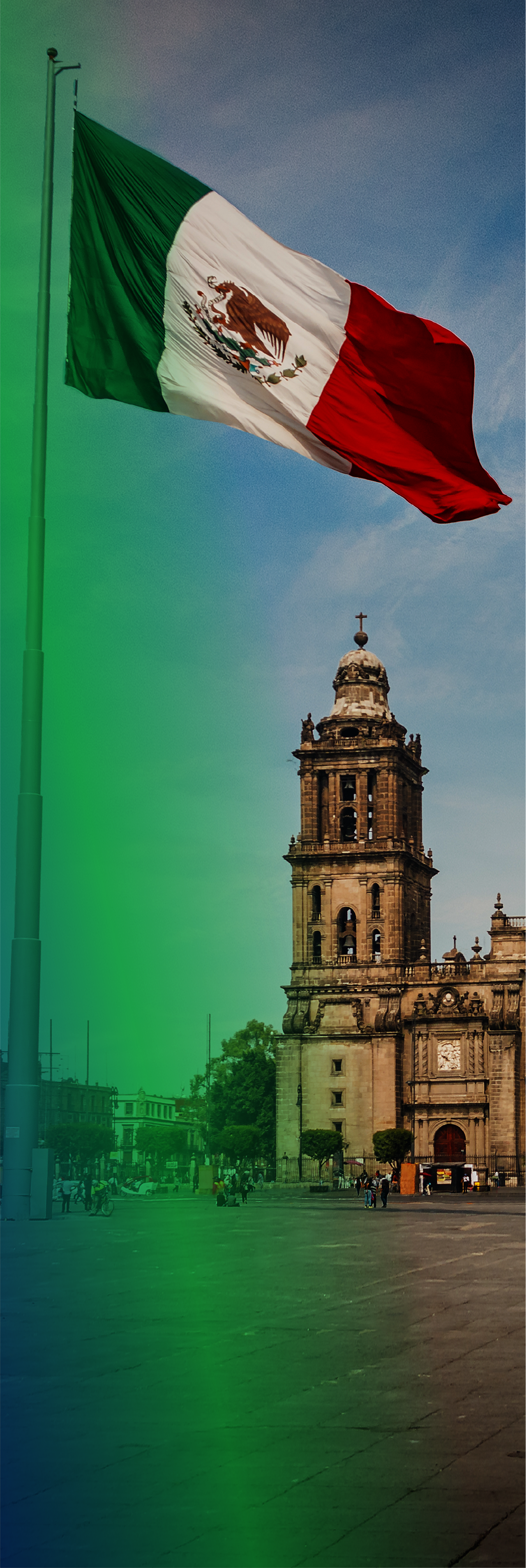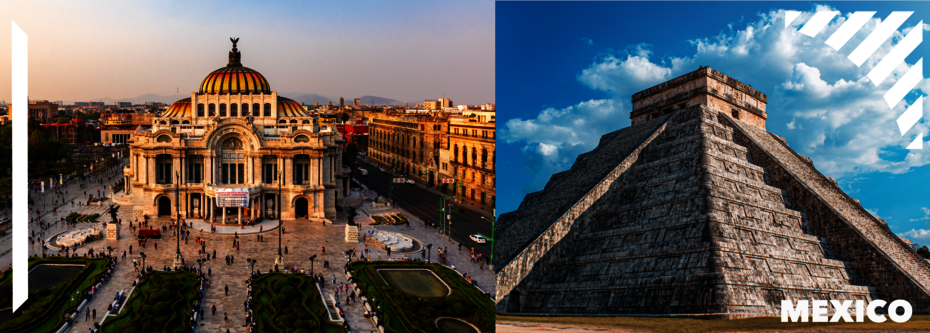Mexico has been a non-regional CABEI member since 1992 with an authorized stake of USD306.25 million in the Bank's share capital and capital contributions of USD76.56 million, ranking as the third largest shareholder within the group of non-regional members with 5.03%.
The contribution that Mexico channels to the Central American region through CABEI is based on various financial cooperation instruments with Banco Nacional de Comercio Exterior S.N.C. (Bancomext) for a total amount of USD520.8 million. The relationship between the Bank and this country was solidified in 2008 with the launching of the Central American Social Housing Development Program. It falls under the framework of the Mesoamerican Integration and Development Project (formerly Plan Puebla Panamá). Since that date, the Mexican government has made resources available to develop a sustainable market for long-term housing finance in the Central American region that addresses the housing deficit and future needs in this area. Throughout the Program's existence, 59 disbursements have been made through 14 intermediary institutions. In total, 192.7% of the initial financing available has been channeled, benefiting a total of 8,032 low- income households, which can now enjoy a more dignified home.
CABEI promotes various projects to strengthen regional integration

In a meeting with the Honduran press, CABEI Executive President, Dr. Dante Mossi, offered details of the programs that have a positive impact on the development and integration of the region.
Tegucigalpa, June 27, 2019.- The decisive commitment of the Central American Bank for Economic Integration (CABEI) to promote the integration and development of the region has made it the most relevant multilateral development bank to the region of the countries of the Central American Integration System.
During a breakfast briefing and with the purpose of commemorating Honduran Journalist Day, CABEI Executive President, Dr. Dante Mossi, informed about the progress of Bank-supported initiatives that are linked to the economic development of the its member countries.
He also referred to the capital increase process that is underway, which will allow the institution to make capital available for new member subscriptions, expand its credit capacity in line with the growing financing needs of the region and strengthen its financial and credit profile as a result of its credit rating.
He stressed that 2019 has been a key year for the advancement of the following projects: Deep Customs Union which now covers several countries in the region; Gulf of Fonseca, Declaration on Access to Information, Zero Carbon Declaration and recently the signing of a loan with the Republic of Korea for an increase of up to US$400 million of a soft credit line with a term of 40 years.
CABEI continues to work on the formulation of programs that enable the construction of a railroad; the Cambio II program; a financing program for the introduction of hybrid land transportation in the region; the Trifinio Plan; and the expansion of the Electricity Interconnection System of the Countries of Central America with Mexico and Colombia.
CABEI strengthens Honduras strategic infrastructure
For his part, CABEI Country Manager for Honduras, Mr. Manuel Torres, explained that at the close of the year, the Bank expects approvals to stand at US$141 million and estimated disbursements at US$240.7 million for the country.
Regarding the portfolio of projects that CABEI manages in the road infrastructure sector, these include the following: the Villa de San Antonio-Goascorán Logistics Corridor, sections II and III; Peripheral Ring Bypass-CA-South Highway; Expansion and Improvement of the Ca-5 Highway Segment I and II; Rehabilitation of the highway stretches La Entrada Copán-El Florido-La Entrada-Santa Rosa de Copan; and the Road Infrastructure Program.
Finally, other noteworthy projects include: the strategic investment plan for the reduction of losses of the National Electric Power Company; the Sustainable Rural Development Program for the Southern Region (Emprendesur); and the Irrigation Agricultural Development Project.









